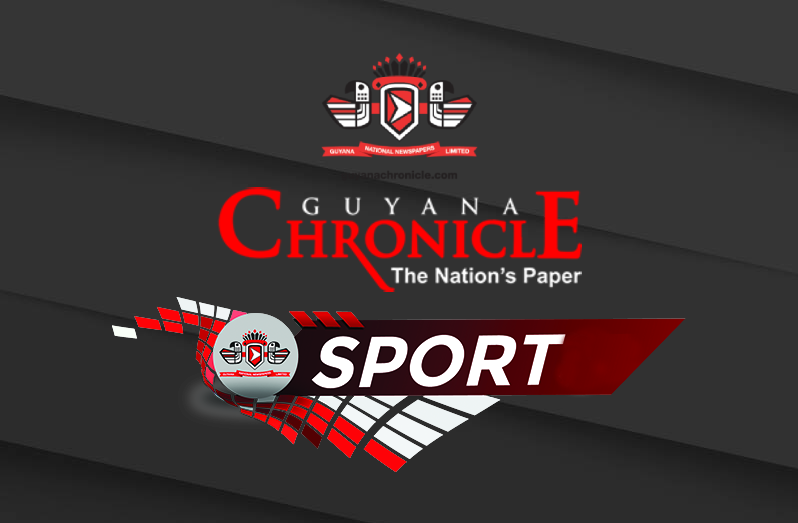(REUTERS) – Financial constraints and a general boredom with the issue could undermine the fight against doping, the World Anti-Doping Agency WADA said yesterday.
WADA president John Fahey said the organisation should start looking for new sources of funding from the sports industry itself, rather than relying on the International Olympic Committee (IOC) and national governments. “WADA is not shielded from the economic difficulties of recent times and has had to accept and adjust to the nought percent budget increase approved by our foundations,” he told reporters.
“Maybe the time has come for WADA to look for further contributors.
“The global sports industry is not short of money; perhaps it should now assume greater responsibility for protecting itself against drugs and consider a greater contribution to the fight against them.”
The IOC currently provides 50 percent of the budget with the rest split between various national governments.
“I’ve said that my greatest concern is that we have become complacent,” Fahey said, adding that attention had been distracted by the relatively new and growing phenomenon of match-fixing.
“We must ensure that sporting bodies and governments do not take their eyes off doping in sport, simply because there is another threat which seems to be gaining momentum.”
Fahey welcomed Monday’s decision by the Court of Arbitration for Sport (CAS) to ban Alberto Contador for two years after the Spanish cyclist failed a doping test during the 2010 Tour de France.
“Every time a cheat is caught, I’d call it a good day for sport and a good day for the clean athletes,” Fahey said.
“I think it indicates clearly the robust nature of our (anti-doping) code. There was a comprehensive review of significant evidence and the code was upheld in strong terms.”
WADA director general David Howman said there was concern at “doping fatigue”, where people had simply become fed up with hearing about the issue.
“People get tired of hearing the same message again and again,” he said. “We have to work out ways of making sure our messages are heard effectively.”
“This is not just a sporting issue. Prohibited substances are being made available to kids at high school to make them look good by people who want to make money.
“This is an issue which is getting bigger, the profits are big.”
Howman said greater efforts should be concentrated on the athlete’s entourage of doctors, fitness trainers and agents.
“We have accentuated more and more the need for governments in particular to look at ways of holding the entourage responsible,” he said. “Too often, the athlete is left out to dry.
“It does not take much to look at the sorts of people who are part of the entourage. When you look at the age of the athlete and persuasive powers of people in that circle, it is not hard to imagine how effective that entourage can be.”
“How many doctors have been to medical tribunal or lawyers pulled up before the courts? It’s a pretty tough world for an athlete to survive.”
Financial constraints and complacency worry WADA
SHARE THIS ARTICLE :
Facebook
Twitter
WhatsApp














